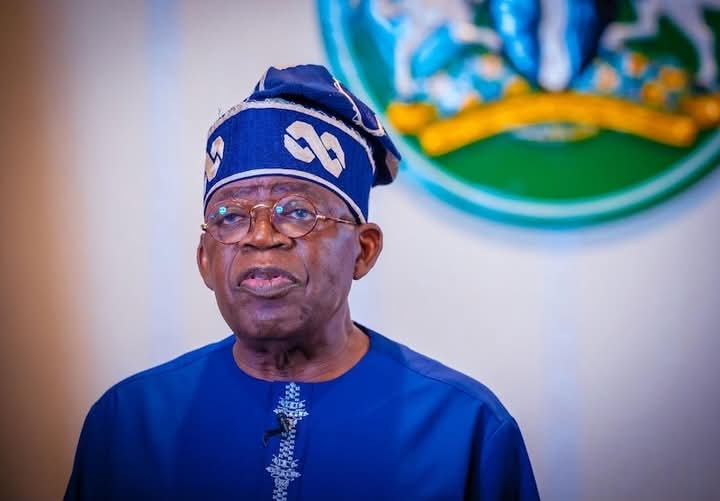The Socio-Economic Rights and Accountability Project (SERAP) has issued warned President Bola Tinubu, urging him to instruct the State Security Service (SSS), also known as DSS, to immediately withdraw its implied threat to ban social media platform X (formerly Twitter) in Nigeria.
The threat is linked to a tweet by journalist Omoyele Sowore.
In a statement, SERAP said that any action to ban X would be a “collective punishment and crackdown on access to social media” and would create a chilling effect on Nigerians’ rights to freedom of expression, media freedom, and access to information online.
READ ALSO: SERAP drags RMAFC to court over proposed politicians’ salary increase
The group emphasised that freedom of expression is a fundamental human right protected by Section 39 of the Nigerian Constitution, as well as international treaties like Article 9 of the African Charter on Human and Peoples’ Rights and Article 19 of the International Covenant on Civil and Political Rights, to which Nigeria is a state party.
SERAP also reminded the government of the ruling by the ECOWAS Court of Justice, which previously declared the suspension of Twitter by the former administration of President Muhammadu Buhari unlawful.
The court had also ordered the administration never to repeat such an act.
The court’s decision held that access to Twitter is a fundamental human right and is consistent with the provisions of Article 9 of the African Charter.
The organisation further stated that Nigerian authorities have a responsibility to protect independent media, both online and offline, to ensure the free flow of information and ideas.
They cannot use “repressive and non-human rights compliant laws” to restrict these rights.
READ ALSO: SERAP gives NASS leaders 7-day ultimatum over ‘bribes for bills’ allegations
SERAP warned that the DSS’s threat appears to be a repeat of the previous administration’s actions and that the organization will not hesitate to take the current government to court if the threat is not immediately withdrawn.
The group also cited the UN Human Rights Committee, which has stated that all public figures are “legitimately subject to criticism and political opposition.”



